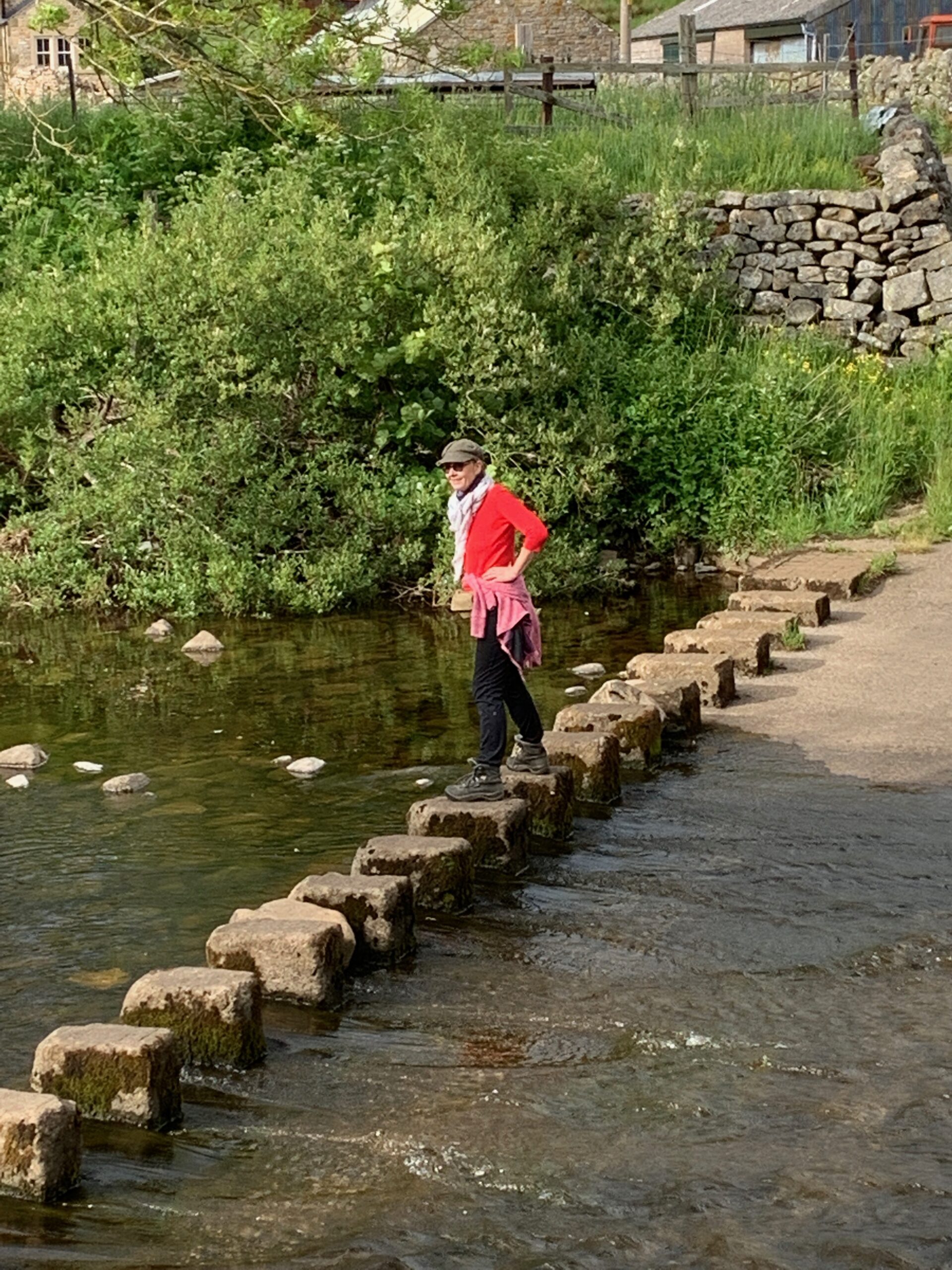
The Art of Small Experiments: How Tiny Changes Create Big Shifts
Share this article:
It was probably six or seven years ago, I was taking part in another really enthusiastic conversation with my coach, Ian. We were exploring some of the big and bold ideas I had for the work I was doing at the time. And it was scaring me. I could see the idea – big, hairy and audacious – to coin a phrase. But the sheer scale of it was freezing me. I couldn’t get started.
Then Ian suggested running things as a series of small experiments rather than setting off on a huge scale thing that could run off the rails. It felt like a really different way of doing things.
It’s not new of course. Start small. Run a series of small experiments. Start fast and fail fast, then learn from the experience. This became a new modus operandi for me. A preferred way of working that would help me to get started, that would give me the first toe in the water for something new.
The beauty of small experiments is that they create a safe space for exploration. When we frame something as an experiment, we give ourselves permission to try things out, to learn, to adjust. There’s no failure, just learning.
Let me share a story about how this worked in practice.
When I was leading a team in the NHS, we were known for innovation, but we were so busy doing the work that we rarely had time to reflect together. I could see the idea – we needed retreat space, time to think, to create. But how to make that happen?
I explored it with the team, asking what they thought about taking a day out every six to eight weeks to come together and spend time learning and creating new ideas. I expected pushback – we are too busy; we don’t have time to do that. But I was pleasantly surprised when I received a unanimously positive response.
We called them Rehearsal Days, inspired by a framework that Julian Stodd shared with me – three spaces: performance space, rehearsal space, and learning space. The work we did out in the field was our performance space. What we were trying to develop was something that would embrace the rehearsal and learning spaces.
The very first one was deliberately improvisational. I approached it with things I wanted to share, including videos and creative inputs. From this first session, the experiment grew and developed with each successive day spent together. We learnt about facilitation methods, we had days where we applied dance and somatic therapy to our work, we used visual arts and creative writing methods.
Looking back now, I can see how that small experiment transformed our team culture. It wasn’t just about learning – it was about creating psychological safety, building trust, allowing space for creativity to emerge.
This way of working through small experiments has stayed with me, shaping everything I do. When I stepped away from my role as Chief Executive, I experimented with a new identity – becoming the Chief Explorer. It started as a playful idea, but it’s evolved into a whole new way of being and working.
Even the tools I use in my coaching practice emerged from small experiments. The Bridges to the New card deck began simply with photographing bridges I encountered on walks. I had no grand plan – just a curiosity about these structures that connect places. Now those photos, paired with carefully crafted questions, help others navigate their own transitions.
What I’ve learned is that small experiments work because they:
- Give us permission to start before we’re ready
- Create space for learning and adjustment
- Build confidence through small wins
- Keep us curious rather than judgmental
If you’re facing a big change or nurturing a creative dream, try this: ask yourself, “What’s the smallest possible version of this I could try?” Then give yourself permission to experiment with just that small piece.
In my coaching work, I see how this approach helps people navigate all sorts of transitions. Whether it’s through the Wayfinder Programme for those feeling stuck, the Creative You Programme for artists and creators, or the Productive You Programme for those seeking better ways to work – small experiments create the stepping stones to significant change.
Your Next Small Experiment
As I complete my upcoming book “Precious Jewels” – a collection of small experiments and their learning points – I’m struck by how this approach continues to transform both my work and the journeys of those I work with.
Ready to start your own small experiment? Here’s how we could work together:
- Book a free ‘Toe in the Water‘ call to explore how small experiments could support your journey
- Join my mailing list for weekly insights and practical examples
- Explore my coaching programmes:
- The Wayfinder Programme – for navigating career transitions
- The Creative You Programme – for unlocking creative potential
- The Productive You Programme – for sustainable productivity habits
Remember, every significant change starts with a small step. What will yours be?

4 thoughts on “The Art of Small Experiments: How Tiny Changes Create Big Shifts”
Thanks for the comments, Keran. Wise words from you as always. I’m absolutely clear that New Year’s Resolutions don’t really work . As you say, it’s the journey, not the destination.
Thanks for the comment, Kev. We are totally on the same wavelength when it comes to experiments. As you say, it’s not about succeed / fail – it’s about what we learn on the path to discovery. The book, Precious Jewels, is a great example. It’s nearly complete now – but if I had set a succeed or fail parameter for it, I would have written it off as a failure middle of last year. Instead, the experiment has continued to evolve, and the final book is hopefully worth the wait!
Love that Stuart!
I mean, after all why make a big decision when a small one will do?
Maybe it’s human to decide on a big idea with big results, only to find that the motivation soon fizzles out.
I have fell victim to this many a New Year’s Day , only to have given up by February the 1st.
So now I concentrate on the journey rather than the destination, and as the saying goes, ‘every journey starts with one step, even a marathon !’
Not that that’s on my agenda anytime soon 😟
Thanks for sharing your insights.
Keep em coming 👍
😊
Timely thoughts that have helped me today Stuart. I love the idea of small experiments, I often talk about them and I think most of my own work is just a series of small (slightly chaotic) experiments…and the great thing about experiments is they don’t go wrong (ok maybe they do, but just go with me on this one) they don’t fail, they just sometimes have outcomes we didn’t anticipate or expect, which is quite liberating.
Thx for the reminder
Kev